How Does Acupuncture Work to Relieve Pain?
Acupuncture is an ancient Chinese practice that has been used for centuries to relieve pain and treat various health conditions. But exactly how does acupuncture work to relieve pain? In this blog post, we’ll explore the mechanisms behind this effective therapy.
The Science Behind Acupuncture
The question of “does acupuncture help pain” has intrigued scientists and practitioners for centuries. While the process may sound a bit scary at first, acupuncture has actually gained a lot of popularity for relieving all kinds of pain. Consider your body as a sophisticated communication network. When pain occurs, nerves in that area send signals to your spinal cord and brain. This alerts your brain to the discomfort in your body.
Acupuncture works by stimulating these nerves. When a trained acupuncturist inserts fine needles into certain points on your body, it sets off a series of reactions. So, how does sticking needles into your skin help with pain, you might ask?
Well, Traditional Chinese Medicine (TCM) has its own explanation for acupuncture. In TCM, there’s this concept of “qi” (pronounced chee), which is essentially the body’s energy flow. TCM practitioners believe that imbalances in qi can lead to pain and other health issues. Acupuncture, in their view, helps restore the proper flow of qi and promotes healing.
How Does Acupuncture Work to Relieve Pain?
Traditional Chinese medicine explains methods that involve the flow of vital energy (qi) through meridians. Now, modern science hasn’t fully cracked the code on how acupuncture works its magic, but researchers have some theories. Here are the different perspectives on acupuncture:
Stimulating Nerves: When thin needles are put into certain points on the body, they activate nerves that send messages to the brain. This stimulates the release of endorphins, which are known as the body’s natural pain-relieving chemicals. These endorphins help block pain signals from reaching the brain, thus reducing the perception of pain.
Gate Control Theory: According to the Gate Control Theory of Pain, acupuncture can help “close the gates” that allow pain signals to travel from the body to the brain. Stimulating specific acupuncture points can block or modulate the transmission of pain signals.
Reducing Inflammation: Acupuncture affects the release of substances in the body that cause inflammation. By managing inflammation, this therapy can ease pain and reduce swelling linked to certain conditions.
Boosting Blood Flow: When the needles are inserted, they can make blood flow better to certain parts of the body. This improved circulation can promote healing and reduce pain by providing more nutrients and oxygen to the affected tissues.
Balancing Neurotransmitters: Acupuncture affects the release of neurotransmitters like serotonin and noradrenaline. These chemicals play a part in managing pain and mood. By adjusting their levels, this therapy can lessen pain and improve overall well-being.
Application of Acupuncture for Pain Relief
When it comes to using acupuncture for pain relief, this practice has proven to be helpful for all sorts of painful conditions. Numerous studies have backed up its effectiveness, so let’s take a look at some of the key areas where acupuncture can lend a hand.
Musculoskeletal Pain: If you’re dealing with muscle or joint pain, acupuncture might be worth exploring. It’s shown really promising results for chronic low back pain – in some clinical trials, it even outperformed conventional treatments or placebo.
For neck pain from issues like cervical spondylosis or whiplash injuries, acupuncture can reduce that nagging discomfort and improve mobility. It’s also been found to alleviate knee osteoarthritis pain and improve physical function. Moreover, it can cut down on pain medication needs when combined with other treatments.
Headaches and Migraines: Dealing with recurring headaches is no joke. However, acupuncture has gained recognition as a great complementary therapy for managing all kinds of headaches. For tension headaches, this therapy can promote relaxation and reduce muscle tension that contributes to the pain. For migraine sufferers, using acupuncture to relieve pain helps a lot. It may reduce the frequency, severity, and duration of the headache.
Neuropathic Pain: Neuropathic pain stemming from nerve damage can be really tough to treat, but acupuncture has shown some promising results here too. It may help ease the burning, tingling, and numbness of diabetic neuropathy and improve quality of life. For the persistent pain of Postherpetic neuralgia after a shingles outbreak, acupuncture can reduce the intensity and frequency of those episodes.
Post-operative Pain: Having surgery is hard enough already to deal with as the post-operative pain persists for a long time. Acupuncture can be used as a complementary therapy to conventional pain meds. When used with alternative treatments, this can potentially reduce reliance on those drugs. Acupuncture may provide pain relief after knee surgeries, C-sections, dental procedures like extractions or root canals, and more.
While we may not fully understand how does acupuncture relieve pain, it offers a promising complementary approach to reducing pain without using medications. If conventional treatments aren’t cutting it, it might be worth exploring this ancient practice with an open mind (and a few tiny needles)!
Finding an Acupuncturist
The benefits of acupuncture for pain are plenty. If you’re interested in trying this therapy, it’s essential to find a qualified and licensed practitioner. Look for an acupuncturist who has received proper training and certification from a recognised acupuncture program or organisation.
During your initial consultation, the acupuncturist will assess your condition and discuss any potential risks or side effects. A good practitioner should make you feel comfortable and explain the treatment process clearly.
At Aster Chinese Medicine, we are a leading acupuncture and Chinese herbal medicine clinic. Our approach is rooted in natural and traditional methods, aimed at enhancing each patient’s well-being.
We believe in the saying “An ounce of prevention is worth a pound of cure.” Hence, our focus is on preventive healthcare and we address early signs of diseases to improve immunity. We offer a wide range of therapies designed to help you regain health and improve your quality of life. For more information or to book an appointment, call us on 0458 186 888 or email us at astertcm@gmail.com.


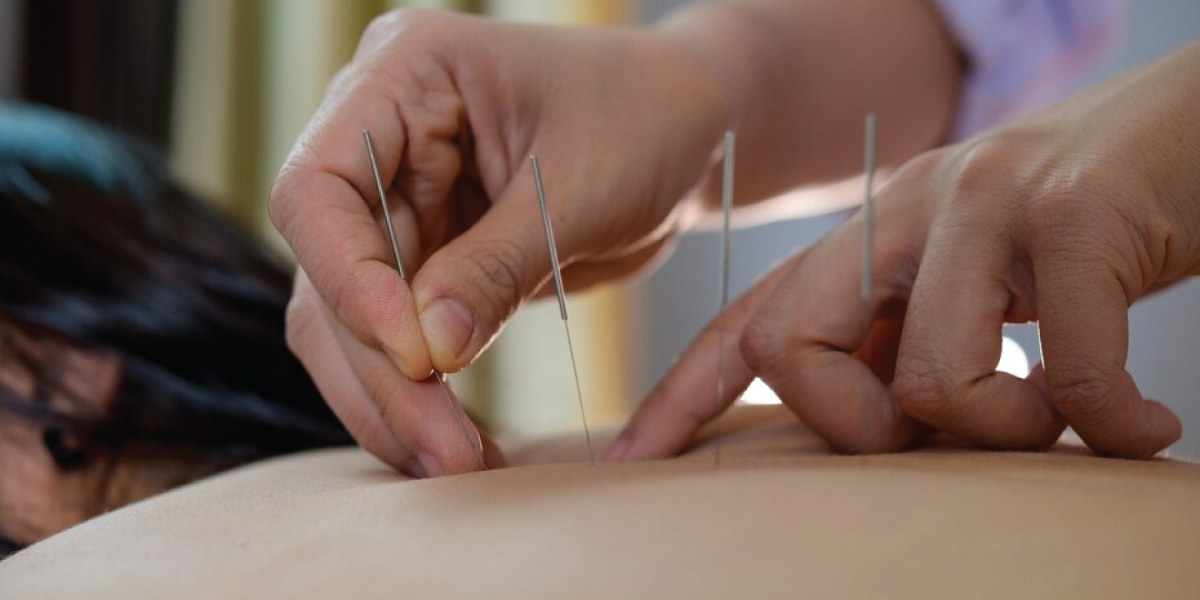
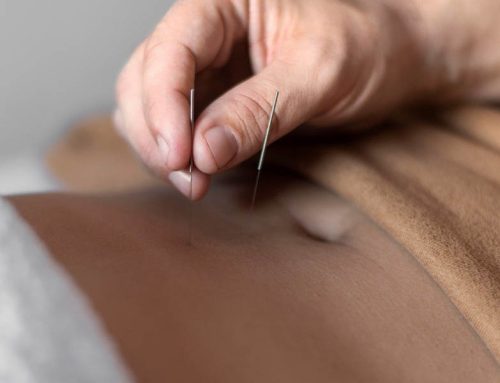
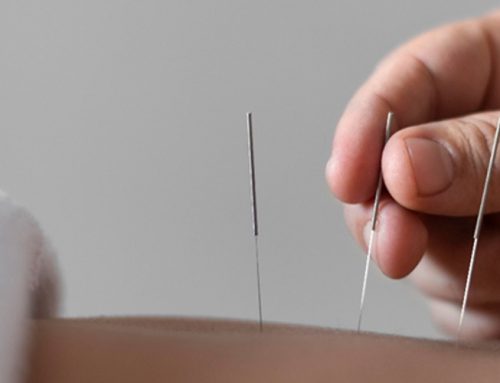


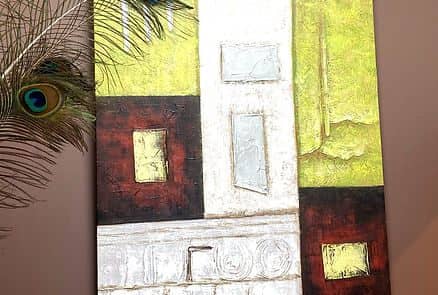
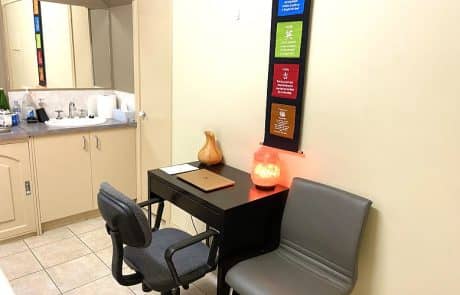
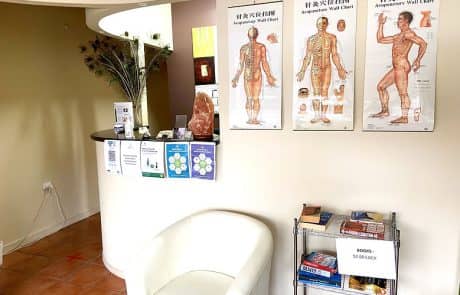
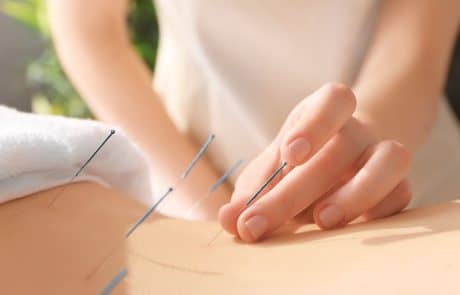
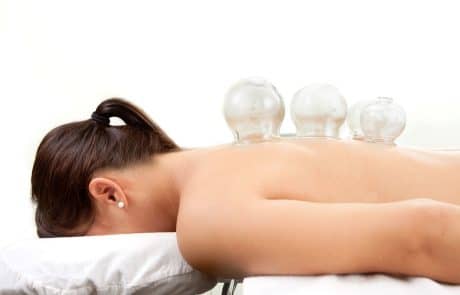


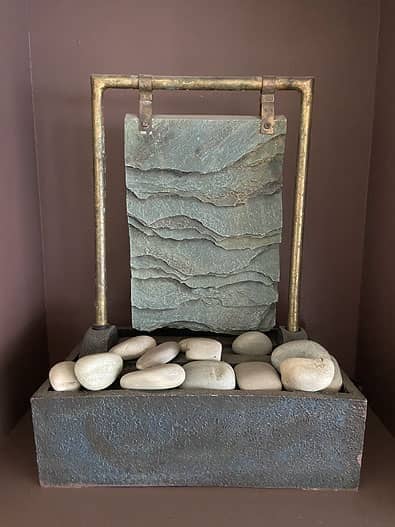
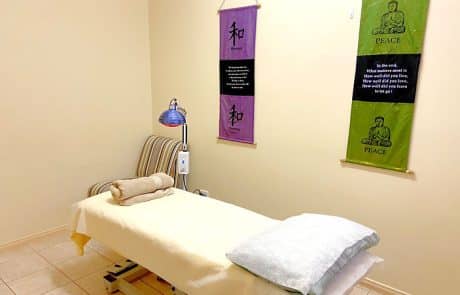
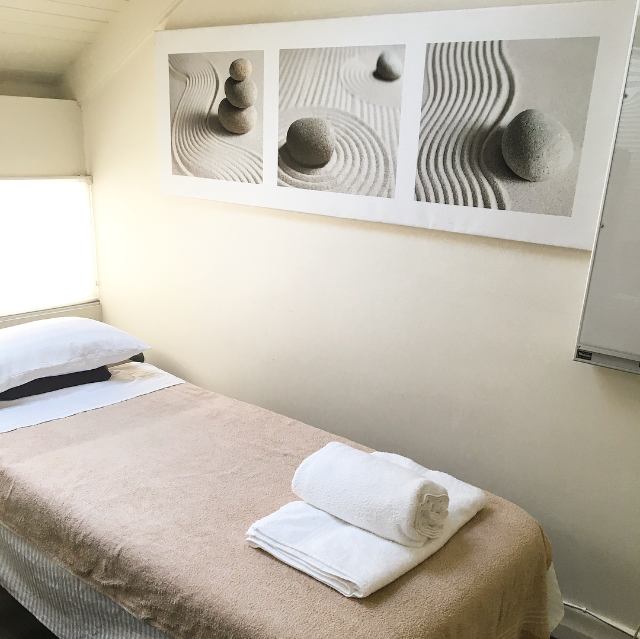



Leave A Comment